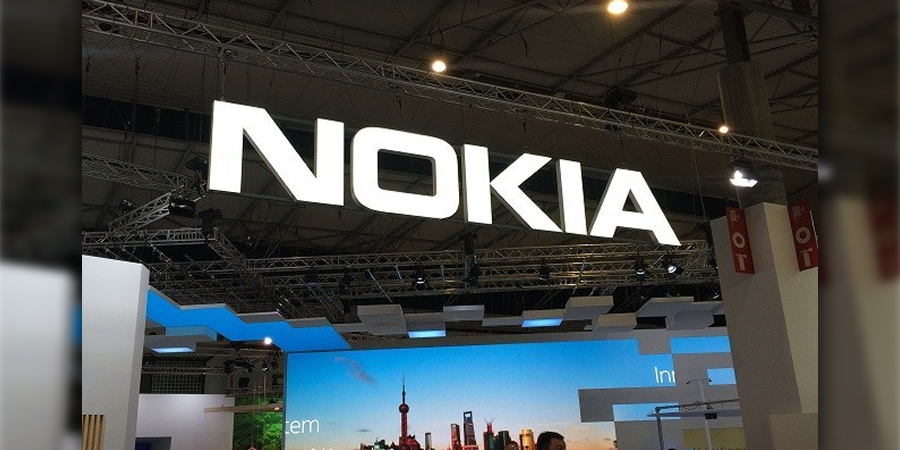Since its inception in Saudi Arabia in 2001, Nokia, the leading global telco, has been supporting operators throughout the Kingdom to enhance their network performance and unique offerings such as data, voice and video applications.
Nokia’s support to the Kingdom’s response to COVID-19 was instrumental. The country saw a 30 percent increase in network traffic throughout the month of March alone. In just a few weeks, the kingdom witnessed a year’s worth of growth in traffic. In order to cope with this sort of spike, having reliable, secure and agile networks is absolutely essential and Nokia ensured the delivery of this.
This increase in traffic was due to the increased use of data-intensive video streaming and voice applications. This is hugely due to the need for and use of business collaboration tools and to keep in touch with loved ones throughout the lockdown periods. Gaming traffic even saw a six-fold increase.
According to Bernard Najm, Nokia’s VP of the Saudi Arabia market unit, “Nokia is an integral part of the society in the countries where we operate, and Saudi Arabia is our largest market in the Middle East and Africa. From this perspective, Saudi Arabia is very important for Nokia, and we at Nokia are committed to providing our latest technologies including 5G to build a robust digital infrastructure.”
“We leverage our end-to-end network technology portfolio to ensure the technological competitiveness and acceleration of the comprehensive digital transformation in the Kingdom in like with Saudi Vision 2030.”
With the technology, vision and expertise, Nokia was able to address the Kingdom’s ICT requirements amid the pandemic. The vendor’s comprehensive network technology portfolio to further digital transformation, business continuity and incessant productivity include some of the following key strengths: reliable connectivity, superior software and professional services, all of which comprised of the essential expertise and support required.
With regards to 5G, Nokia has deployed 5G technologies for the Kingdom’s operators- stc, Zain and Mobily- via its end-to-end 5G technology portfolio.
“5G is enabling the use of technologies like Augmented Reality (AR) and Virtual Reality (VR) immersive experiences. When those technologies mature, and VR headsets become more available, the industry will see a shift in how Saudi consumers will access exciting digital content," said Bernard.
Adding that, “… with ultra-low latency capability and extreme broadband capacity of 5G, operators and enterprises will have more opportunities to enhance the existing services.”
In fact, Nokia and Zain worked on a 5G-enabled VR use-case which was eventually deployed in Makkah and the Mashaer area for Hajj pilgrims. This was particularly innovative and necessary at the time as it gave pilgrims the opportunity to remotely immerse themselves in the experience without the need to be present on site.
Another example of their work with operators on advanced 5G use-cases would be their deployment of a 5G-based volumetric 3G hologram communications which also aided Hajj pilgrims with their remote experience of the pilgrimage.
Bernard also state that Nokia expected 5G to help cloud robots and automation and that he expects the future of automation to include more logistics-centric services as well as manufacturing thus bringing the energy and mining sectors even further into the digital era.
“Also, 5G will enable a range of e-health use cases including the services to inaccessible areas. These diverse 5G use cases can help in building Saudi smart cities and are very useful to manage mega-events such as Hajj, and fuel the 4th industrial revolution (4IR) boosting productivity.”
